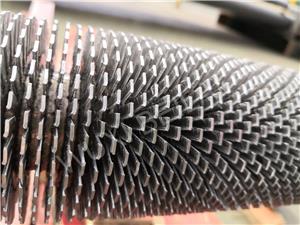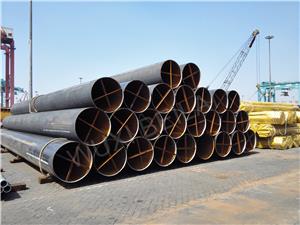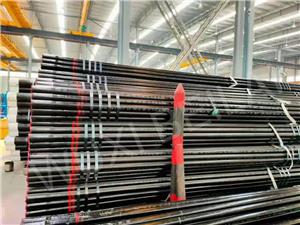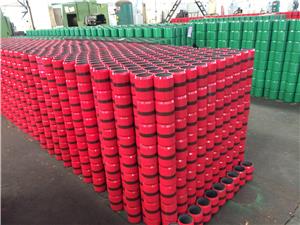Are there any requirements for the hardness of boiler tubes?
The hardness requirements of boiler tubes will vary according to the material, use and standards followed. In general, boiler tubes need to have a certain hardness to ensure their stability and durability under harsh conditions such as high temperature and high pressure.
Hardness requirements under different standards
GB3087 Standard:
For boiler tubes under the standard, such as steel number 10 pipes, the hardness requirements may not directly give a specific numerical range, but focus on mechanical properties such as tensile strength, yield strength and elongation.
GB5310 standard:
For boiler tubes under the GB5310 standard, such as 20G, 15CrMoG, 12Cr2MoG and other materials, the hardness requirements may also not be directly given in the standard. However, in general, the boiler tubes of these materials will require higher hardness and strength to meet the needs of use at high temperature and pressure.
For example, 12Cr2MoWVTiB has better performance, its tensile strength is as high as 540~735 MPa, and the hardness requirement is 18 HB, showing a high hardness and strength level.
ASME SA210 and SA213 standards:
For boiler tubes under the ASME SA210 standard, such as grade SA210A-1, the hardness requirements may be defined by a specific numerical range, such as hardness ≤143 HB.
The pipes in the ASME SA213 series, such as T91 and T92 and other high grade materials, have the same strict hardness requirements, such as the hardness of T91 ≤250 HB, to ensure its stability and safety under high temperature and pressure.
DIN17175 Standard:
For boiler tubes under the DIN17175 standard, such as ST45.8/Ⅲ, the hardness requirements may be similar to those of the ASME SA213 series, but the specific values may vary due to material composition and process differences.
The hardness requirement of boiler tube is very important to ensure the safe operation of boiler. High hardness may lead to increased brittleness of the material, easy to fracture; If the hardness is too low, it may not be able to meet the needs of use at high temperature and pressure, resulting in material deformation or failure. Therefore, in the development of boiler tube hardness requirements, it is necessary to consider the mechanical properties of materials, process characteristics and use of the environment and other factors.




